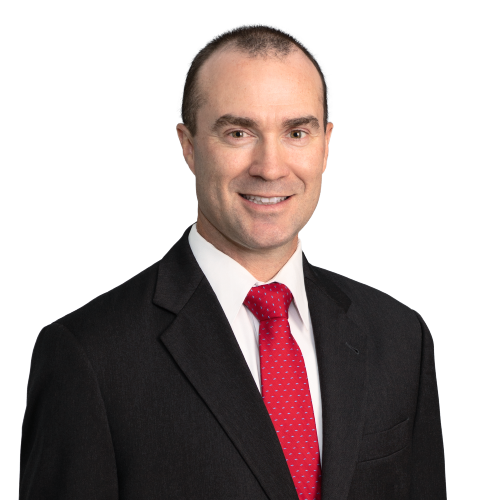U.S. Supreme Court Unanimously Upholds the Federal Circuit’s Enablement Inquiry for Patent Claims
The case concerned a genus of monoclonal antibodies used to treat high cholesterol. Specifically, Amgen claimed coverage over a group of antibodies that it defined by their function — binding to particular residues on the protein PCSK9 in a manner that blocks its binding with LDLR. Sanofi contended that Amgen’s claims were not enabled, as Amgen disclosed only 26 of the potentially millions of antibodies that may accomplish the claimed functionality. Conversely, Amgen asserted that its claims were enabled because it included two methods through which scientists could make, or use, further antibodies within the claim scope.
After nearly nine years of litigation, the Supreme Court found Amgen’s broad claim scope was not enabled. Even when allowing for a “reasonable degree of experimentation,” the purported instructional methods of the Amgen patent offered “little more than two research assignments.” Justice Gorsuch, writing for the unanimous court, reinforced the general principle that broad claims must enable the entire claim scope, specifically noting concerns for claims of entire classes of articles, and of those defined by their function rather than their physical or chemical properties.
Gorsuch assured that a claim may still be enabled if it requires only “a reasonable amount of experimentation to make and use [the] patented invention.” The court also highlighted the importance of disclosing a “quality common” —a shared characteristic within a claimed class that may aid in experimentation and thus bolster enablement. Absent a “quality common,” any instructions may devolve to mere “trial and error,” a result Gorsuch warned against (twice). The court concluded by confirming that the enablement standard remains consistent regardless of technological evolution, stressing that public policy arguments toward facilitating innovation are appropriately suited for Congress.
Following Amgen Inc. v. Sanofi, patent owners should continue to focus on the “quality common” and specific disclosures of their patent applications with eyes on avoiding what could potentially be viewed as “trial-and-error” experimentation.
Prepared with assistance from Addison Fowler, a summer associate with Carlton Fields.

